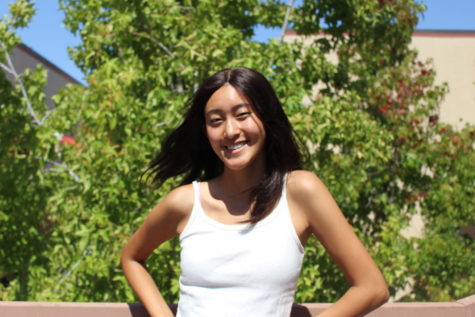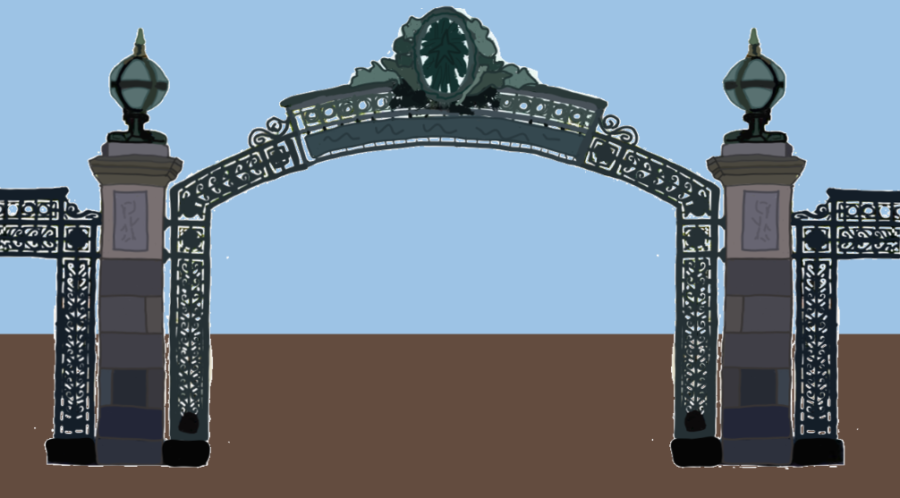Berkeley v. Berkeley: Gavin Newsom Repeals Senate Bill to Keep Average Enrollment Numbers
Gavin Newsom repeals Senate Bill proposed by Save Berkeley’s Neighborhoods that would result in thousands of accepted students from enrolling into the University of California, Berkeley
UC Berkeley’s iconic Sather Gate will be influencing an influx of students every fall.
On March 14, California Governor signed a repeal to a Senate bill that would have affected the enrollment of nearly 2,600 incoming freshmen to the University of California, Berkeley. The bill, proposed by Phil Bokovoy, president of Save Berkeley’s Neighborhoods, was filed due to concern over rising homelessness that might occur if the university continued admitting similar numbers of students before the 2020-21 school year. Because of the lack of housing on campus, students have sought housing in the neighborhoods of Berkeley, leading to low-income and middle-income families becoming displaced. Roughly around 42,000 students would be allowed to attend the university.
Just like many students at Woodbridge High school who have worked hard to gain admission into their chosen university, students that have been accepted by U.C. Berkeley have worked diligently in order to gain admission into the university. “The court-mandated decrease in enrollment would be a tragic outcome for thousands of students who have worked incredibly hard to gain admission to Berkeley,” campus spokesperson Dan Mogulof said in an email.
After receiving the news of the Supreme Court’s decision to side with Save Berkeley’s Neighborhoods, it only took Gavin Newsom 11 days to repeal the bill.
“I’m grateful to the Legislature for moving quickly on this critical issue,” Newsom said to news reporters. “It sends a clear signal that California won’t let lawsuits get in the way of the education and dreams of thousands of students, our future leaders and innovators.”
Berkeley would have had to make the difficult choice to decline the 2,600 already admitted students.
“This court-mandated decrease in enrollment would be a tragic outcome for thousands of students who have worked incredibly hard to fain admission to Berkeley,” the university said. The court ruled against the university, causing the university to reject already accepted students onto their campus.
Since 2005, U.C. Berkeley has admitted 14,000 students but provided only 1,600 beds, according to Bokovoy. “We don’t want new students to have to live in their cars,” said Bokovoy. As a result of the lack of housing provided by the university, students have pursued housing in the local neighborhoods, moving into once ren-controlled apartments and displacing low-income and middle-income residents. Housing prices have also increased as a result of the lack of housing.
To address the concerns they had received, the university planned on building new housing for students and additional classrooms. In 2019, Bokovoy’s organization sued Berkeley because of the effects the new on-campus student housing and classrooms would have on the traffic, noise and environmental concerns.
Mogulof believes that what the organization is suing the university for makes the situation ironic. “It’s hard to proceed with that when you’re getting sued by the very people who say they want these projects,” Mogulof said.
Your donation will support the student journalists of Woodbridge High School. Your contribution will allow us to purchase equipment and cover our annual website hosting costs.

Hello, I'm Olivia Werner and I will be one of the two Business Managers for this year! This will be my first year working on the Golden Arrow, and I am...

Hi Warriors! I'm Lena and I am very excited to be a member of the Golden Arrow as an illustrator! I hope to contribute to our publication through illustrations...








